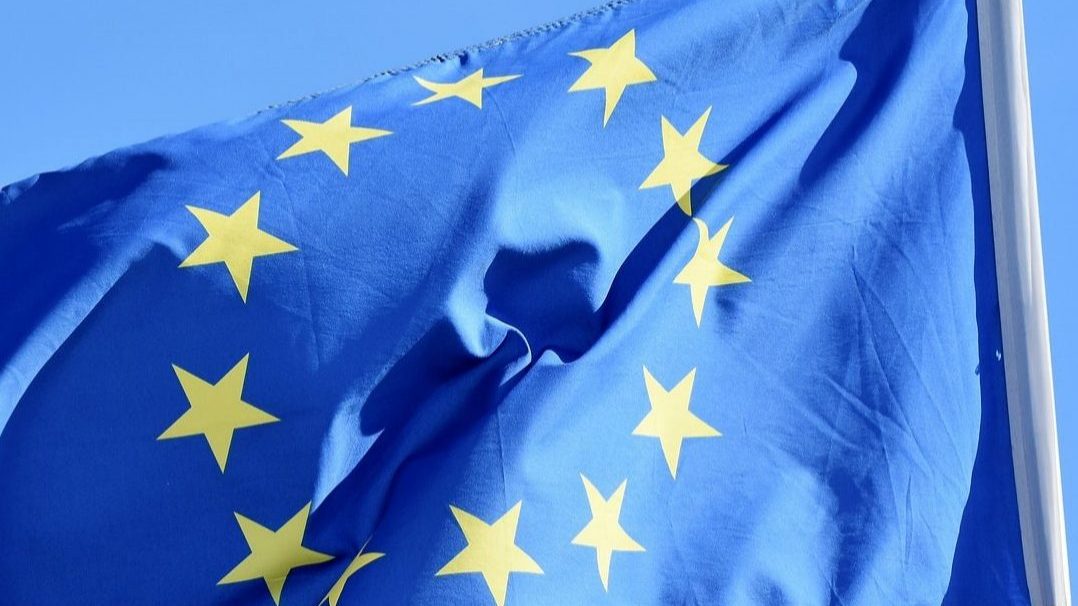Temporary protection for 18,400 from Ukraine so far; 6,600 are minors
According to SEF, by Tuesday temporary protection had been given to 18,410 people from Ukraine who had requested it as a result of the war situation, of whom 6,594 were minors.
About one third of refugees who have come to Portugal after fleeing the war in Ukraine are minors, with many of them arriving accompanied by family members, but without parents, the immmigration and borders service, SEF, said on Wednesday.
In an interview with Lusa, Filipe Mimoso, the SEF inspector who is monitoring the process of requests for temporary protection of people from Ukraine as a result of the war in that country, explained that it “a mapping at the national level of all situations of minors” who have arrived in Portugal without parents, but accompanied by relatives such as cousins, uncles or grandparents, is still being undertaken.
He said that such cases are considered “unaccompanied minors under the law” and as such are communicated to public prosucutors “so that there is a validation by the court of the legal representative who accompanies that minor.”
According to SEF, by Tuesday temporary protection had been given to 18,410 people from Ukraine who had requested it as a result of the war situation, of whom 6,594 were minors.
People fleeing the war can request temporary protection in Portugal via an online platform SEFforUkraine.sef.pt that is available in three different languages.
However, in the case of minors, it is mandatory to go to a SEF branch so that “the identity is confirmed, the parentage is validated and the best interest of the minor is safeguarded” as well as to avoid situations of child trafficking, Mimoso stressed, noting that many minors are arriving at SEF counters in the company of an uncle or aunt, cousin or grandparent.
“The SEF inspector who analyses that specific case concludes that there is no imminent danger because [the child] is accompanied by a relative, but there is still a communication to the Public Prosecutor’s Office,” he said, noting that “proof of parentage has been made difficult by the circumstances of the war because [most] people cannot leave the country with a birth certificate or with an authorisation from their parents or legal guardian [and this] has been a constraint.”
He also acknowledged that there may be cases of minors “completely alone” but that the data on this is still being analysed.
In these cases, when minors arrive unaccompanied, he stressed, the Commission for the Protection of Children and Young People (CPCJ) is contacted so that it can take “additional protective measures”.
Around 60% of requests for temporary protection are made by women, with most having family or friends in Portugal.
Lisbon is the district with the highest number of requests, about 6,000, followed by Faro, Porto, Setúbal and Leiria.
Under temporary protection, which lasts for one year and can be extended for two six-month periods, citizens have access to tax, social security and National Health Service numbers, so that they may benefit from these services and enter the labour market. Mimoso explained that, on applicants registering on the SEF platform, their data is passed on to these three entities and in “between 24 and 36 hours” the process is completed and a certificate granting a residence permit under the temporary protection regime is issued.
Temporary protection status is also granted to non-Ukraine citizens who were in that country when Russia launched its military offensive on February 24.
According to the SEF, over 95% of the requests for temporary protection lodged by people fleeing the war are from Ukrainians, but there are records of applications from several other nationalities, including 48 Russian nationals, 200 Indians and 90 Pakistanis.


